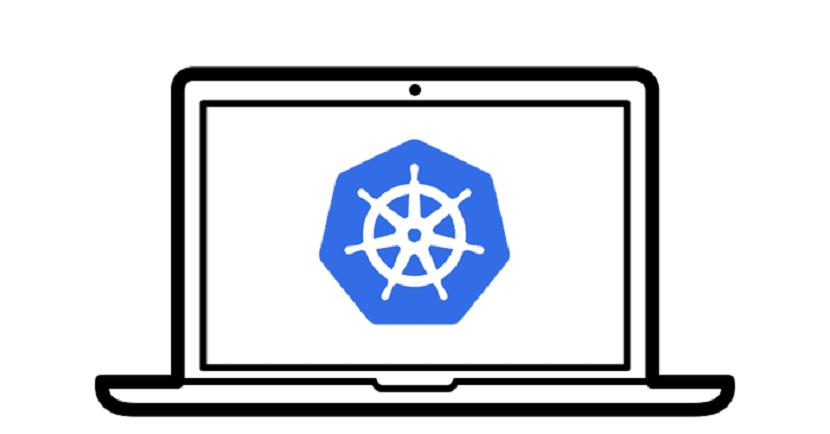
Recientemente Canonical has reported its decision to add ContainerD support to improve performance in its Kubernetes-focused products. and other container solutions such as Microk8s.
Canonical said the launch will improve the "security and robustness" of its range of containers, but will continue to support Docker on its Kubernetes line. It will also leave the technology alone during upgrades - clusters will keep the originally chosen runtime rather than endure a forced upgrade.
What is ContainerD?
ContainerD is the runtime for Linux and Windows, which manages the complete life cycle of the container on your host system, from image transfer and storage to container execution and monitoring, image transfer, low-level storage to network attachments, process monitoring and more.
ContainerD offers the following features:
- Support for OCI container format
- Support for the creation of networks, as well as their modification and elimination of interfaces.
- Multi-tenant supported with CAS storage for global images
- OCI runtime specification support (also known as runC)
- Container runtime and lifecycle support
- Managing Network Namespace Containers to Join Existing Namespaces
What is Kubernetes?
Kubernetes is an open-source container system that automates the deployment, sizing, and management of containerized applications.
These provide the mechanisms for the deployment, maintenance and scaling of applications. The components that make up Kubernetes are designed to be loosely coupled, yet extensible so that they can support a wide variety of workflows.
What is Microk8s?
MicroK8s is delivered as a single docking package that can be installed on 42 different versions of Linux. With a small disk space and memory, MicroK8s provides an efficient way to get started with Kubernetes, whether it's on the desktop, on the server, in a cloud, or on IoT devices.
Automatic updates and security functions are included as defined. Automatic updates ensure that developers are always working from the latest versions of Kubernetes with binaries delivered directly from source and configured in seconds.
Running the latest version also means that MicroK8s takes advantage of Kubernetes' built-in security capabilities.
ContainerD is the best option to maximize the use of Kubernetes

In addition to improving security, Containerd ensures low latency and robust performance for Canonical's Kubernetes offering.
ContainerD is supported in Kubernetes and Microk1.14s versions 8 along with the traditional Docker runtime, which Canonical promises to support in its Ubuntu Kubernetes offerings designed to support multi-cloud operations and compatibility with major cloud hosting providers such as Amazon Elastic Container Service for Kubernetes (Amazon EKS), Google Kubernetes Engine and Azure Kubernetes Service.
ContainerD became the industry standard runtime focused on simplicity, robustness and portability, said Carmine Rimi, Product Manager at Canonical Kubernetes.
Allowing Kubernetes to manage ContainerD directly reduces the number of moving parts and reduces latency at boot times and improves CPU and memory usage across all nodes in the cluster.
After being accepted into the CNCF for nearly two years, ContainerD continues to have a significant moment showing demand for key container technologies, said Chris Aniszczyk, CTO of the Cloud Native Computing Foundation.
The clients they should be aware that their clusters default runtime will not be overridden after an upgrade, which means that if you are using the Docker runtime, unless you decide to migrate to the container, focus on simplicity, portability, and robustness.
If you are interested and want to know a little more about ContainerD you can visit the project website or check the project code in this link.